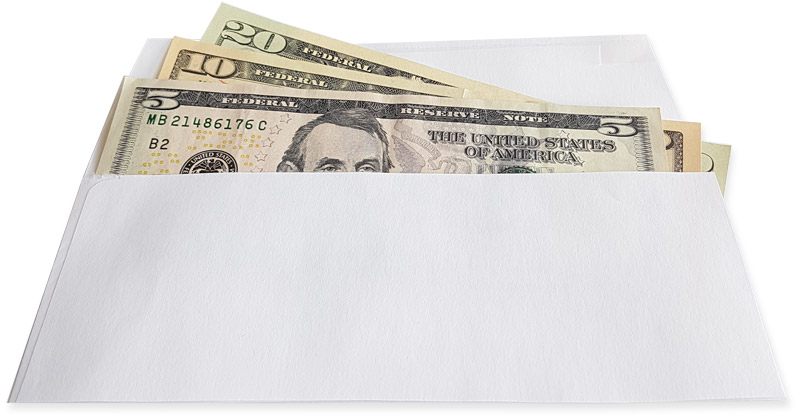There are plenty of websites that legitimately will pay you for sharing your opinions for taking paid surveys. However, being cautious is important, as scam websites have been known to masquerade as real paid survey opportunities for as long as paid surveys have been available.
In this guide, you’ll discover our top tips for avoiding paid survey scams and how to find truly legitimate paid survey websites.
If you can spot the telltale signs of a paid survey scam, avoiding these types of scams is easy.
Below, you’ll discover 5 of the most obvious signs of a paid survey scam.

If you receive an email, SMS or internet pop-up offering you a free iPad or a substantial lump sum for answering a survey, your suspicions should immediately be awakened. This is clearly an example of a reward that is too good to be true.
If you’ve ever used a paid survey website, you’ll know the going rate for a short survey is a few dollars maximum.
So, stop kidding yourself. No company can afford to give away free tech products or huge cash rewards for one customer’s opinion.
It’s common for paid survey scammers to falsely use a well-known brand name to catch the attention of unsuspecting victims.
In recent years, there have been widespread paid survey scams claiming to be from Costco, Walmart and CVS, to name a few. Scammers use these instantly-recognizable brand names because they know many people have opinions to share about their products and services.
One such recent scam asked consumers to share their opinions about Covid-19 vaccinations. This is likely because it has affected us all, and many people have strong opinions about this topic.
If an international brand seemingly sends you communications about a survey out of the blue, you’re right to be wary of a scam.

Hover your mouse over a hyperlink at any time to check its URL before clicking on it. This is highly advisable if you’re suspicious about scam communications. If a hyperlink directs you to a strange-looking unknown URL, there’s a good chance it has been sent by a scammer.
If you receive one for a survey, check the sender’s address too. If it’s not from the exact domain name of the company, there’s a high chance it’s a scam.
A one-page website with no links and no information about the company that owns it, is another huge sign of a paid survey scam.
At the very least, legitimate paid survey websites will have an ‘About Us’ page containing company information along with company contact details.
A common scam involves consumers completing a survey to win a free prize, then being asked to fill in their bank details to pay a small fee for shipping.
In many cases, you’ll be charged a few more times after this initial payment for items or services you do not want.
Keep an eye out for small print at the end of surveys asking if you want to sign up for a free trial of a service. This is a common move made by scammers and you can expect to be charged heavily once the trial ends.
If you’ve already given away your financial details to pay for shipping or a free trial, it’s worth getting in touch with your bank to cancel any future payments that have been set up against your will.
Paid survey websites are a fantastic resource for earning a fair side-income, but it’s important to keep an eye out for scams if you’re interested in participating.